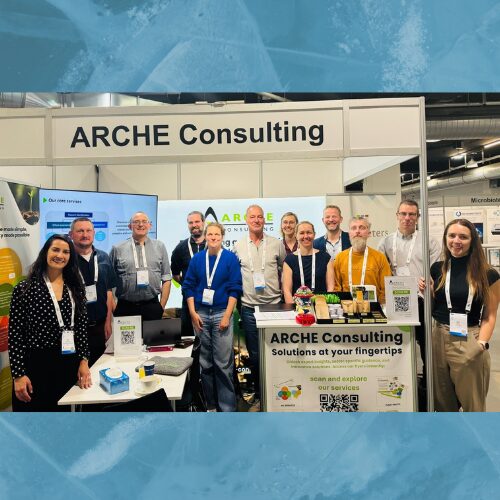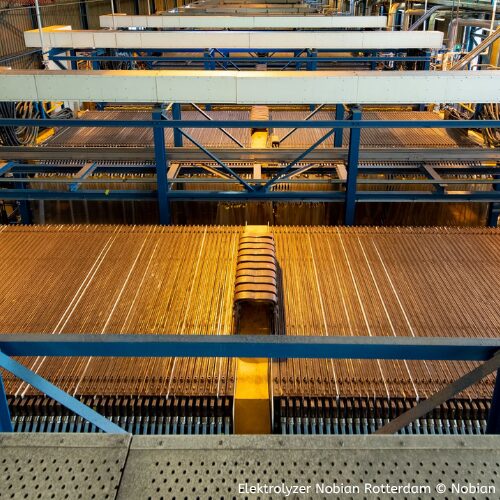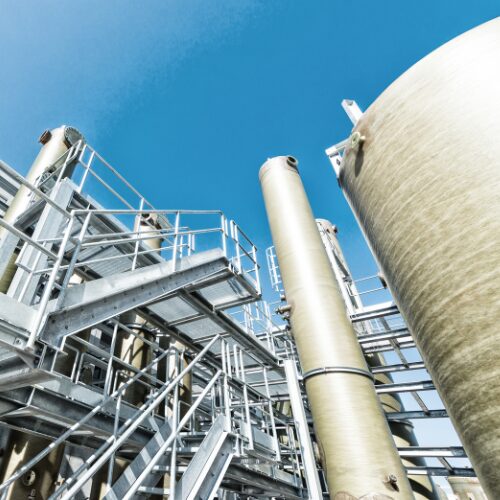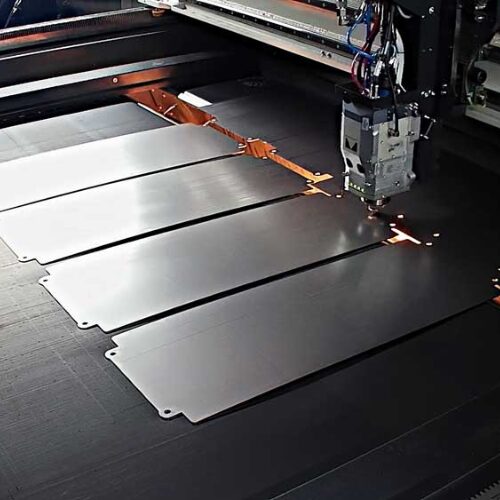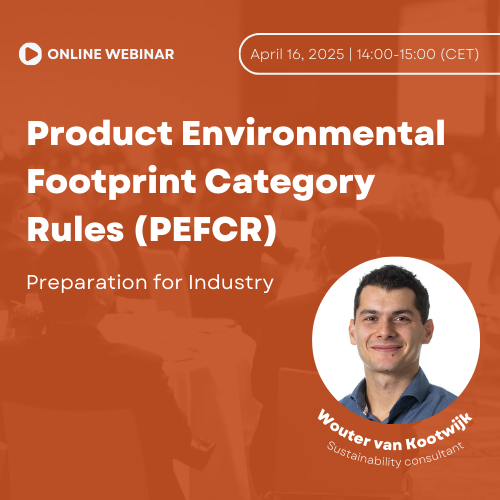Carbon black is one of those industrial products that few know the name of despite the fact that we all come in contact with it on a daily basis. Look around right now, and you will probably see carbon black: the black case on your phone, the black frame on your computer screen, the dust on your hands after changing a tire, and the black plastic that makes up most of your desk chair all contain carbon black. It is the additive that gives plastics, inks and paints their black color and provides increased mechanical performance in rubber and tires.
Unfortunately, for something so widely used, traditional production of carbon black is relatively environmentally impactful as it involves the burning of virgin oil, consuming huge amounts of fossil fuels annually. The resulting carbon black powder is added to many products and until now, there was no viable way to recover it for reuse after the products were thrown away.
From waste streams to feedstock
Black Bear Carbon (BBC), an industrial producer of carbon black, is pioneering the way to a more circular future within the industry. A major application for carbon black is its use in tires, millions of which end up in landfills each year. Over 3.6 million tons of used tires are landfilled each year in the EU alone which is its own problem in itself. Black Bear Carbon is tackling both these problems, and reversing this “one-way” trend of burning oil and then landfilling, by extracting carbon black from used tires in addition to recovering the other energy-rich substances contained within them.
The unique approach of BBC technology is to break down old tires through pyrolysis, separate the base components, and extract the carbon black. This carbon black is of higher quality than what is contained in the feedstock meaning this “upcycled” product can then be used in a variety of high quality applications. Previously, the only saleable way to put old tires to use was to grind them up, remove the internal metals and fibres, and use the leftover rubber granules in the pavement or as playground substrate.
Climate Kic, an international EU funding organization dedicated to supporting innovative developments for the future and has been a major supporting partner in the development of BBC’s production process. As a result of Climate KIC initiatives, Ecomatters is also teaming up with the project to quantify the environmental impact of using old tires as a feedstock and to perform the metrics behind the improvements of a second production facility that is currently under construction.

Ecomatters employees (Left two) stand in front of the feedstock piles of tires during a visit to the BBC production facility
Two for one
Ecomatters is performing the Life Cycle Assessment for the BBC production of carbon black in order to identify and quantify the sustainability impacts. These impacts are two-fold as not only does the pyrolysis of the tires results in energy-rich by-product which can then be used as a fuel source for running the production plant, but also the reuse of the separated tire materials saves impacts on both ends of the life cycle – a reduced need to source virgin feedstock (oil) and a way to cut down on the number of waste tires being landfilled or inefficiently incinerated. BBC’s carbon black is a win for the environment and a great example of a profitable circular product.


